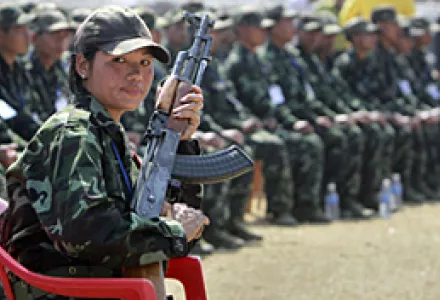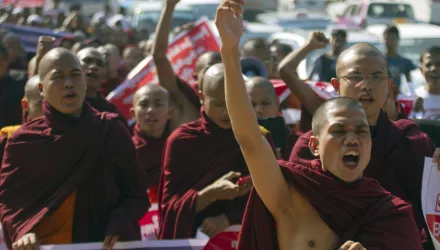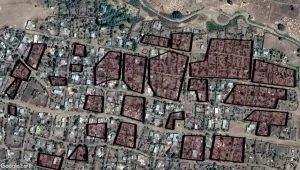Insurgent-Population Ties and Variation in the Trajectory of Peripheral Civil Wars
What explains the greater willingness of involved parties to negotiate a settlement in some civil wars more than in others? Why are some negotiated settlements more successful than others? This seminar attempts to answer these questions in the context of the so-called peripheral civil wars, which are primarily low-intensity, ethno-nationalist, and secessionist, by focusing on insurgent-population ties. It draws from ethnographic study of four secessionist movements in the Northeast Indian states of Assam, Manipur, Mizoram, and Nagaland and a cross-national analysis of peripheral civil wars between 1960 and 2008.
Please join us! Coffee and tea provided. Everyone is welcome, but admittance will be on a first come–first served basis.




